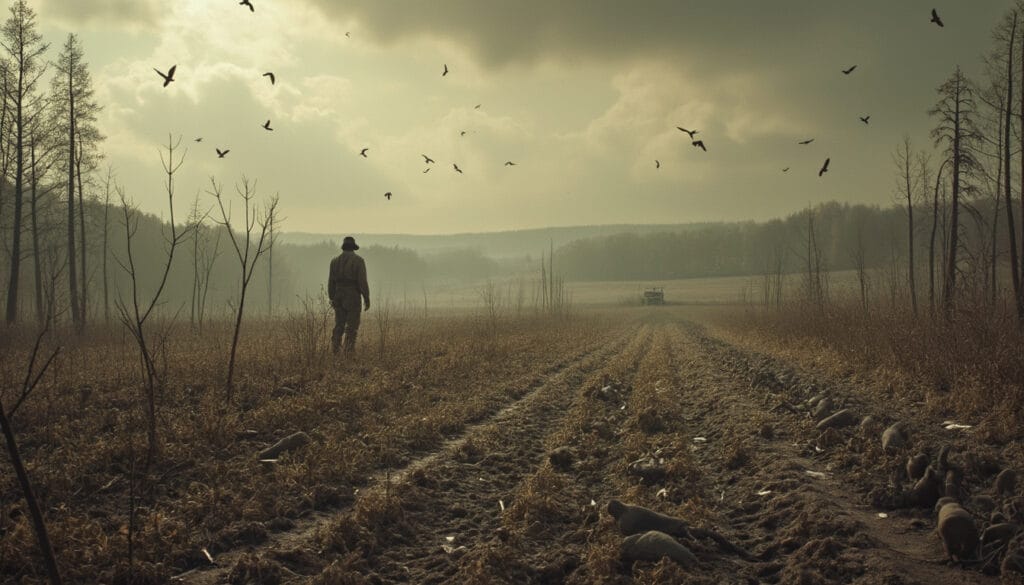Greenland, an autonomous territory of Danish sovereignty, is increasingly opening up to international tourism. With the recent opening of a new airport in the capital, Nuuk, and two others under construction, expectations are high. United Airlines has even announced direct flights from the United States for the first time. The number of available seats to Greenland is expected to almost double in the coming year, rising from 55,000 to 105,000.
However, this tourism boom raises concerns, particularly among the Inuit population, which makes up 89% of the residents. Worries are being expressed about the preservation of the natural beauty of the territory and the potential exploitation by foreign companies. In response to these concerns, the government has passed a new tourism law, imposing access restrictions to certain sensitive areas and setting new ownership requirements for tourism businesses.
Nevertheless, some players in the local economy fear that these measures will hinder foreign investments, which are essential to support this growth. The divisions within Greenland highlight the challenges of reconciling tourism development with environmental preservation, while attempting to ensure greater economic autonomy from Denmark.

the rise of tourism in groenland
Greenland, this fascinating island, is witnessing a dramatic increase in tourism as new infrastructure becomes available. The opening of the new international airport in Nuuk, the capital, has propelled the territory into a new era of connectivity. Now, the direct flight from Newark in the United States allows simplified access to this remote destination. This opening symbolizes economic possibilities but also internal tensions. While some major players celebrate the arrival of tourists, others are concerned about preserving Greenland’s unique environment. The spectacular landscapes that attract so many visitors are at stake. The impact of this new wave of visitors on ecosystems remains a concern for the locals. To better understand this dynamic, discover Greenland like never before: a land of contrasts and challenges.
ecological and cultural challenges
The tourism boom in Greenland highlights major ecological and cultural concerns. While the country welcomes the influx of visitors, worries are being voiced about the potential degradation of the untouched nature of the territory. Greenlanders, about 89% of whom are Inuit, are questioning the erosion of their cultural heritage and ancestral traditions. The government, balancing economic development and preservation, has introduced a controversial tourism law. This law aims to protect sensitive areas while regulating the entry of foreign businesses. With the dawn of climate change, the stakes are even higher for nature advocates. A colored zoning system, ranging from green to red, will be implemented to safeguard delicate sites. Mass tourism offers economic opportunities but at the expense of local culture.
It is essential to consider the impact of tourism from a global perspective, taking into account limited territories and resources. The growing global interest in Arctic destinations, fueled by the desire for new experiences, raises debates. Greenland’s strategic geographical position and its cultural and environmental complexity make it a subject of great importance. Visitors come in search of adventures in nearly pristine lands, but their presence requires a balanced framework between development and preservation. Greenland stands at a crossroads: to welcome the world or to protect its heritage. This dilemma sharpens existing tensions in the political and social landscape. To learn more about this paradox, visit this detailed article.
legislation in response to tourism
Greenland’s legislative response to tourism development provokes diverse reactions among locals and investors. The new law requires tourism businesses to have a solid local grounding, which limits foreign investments and ensures that profits remain primarily in Greenland. To obtain an operating license, companies must be at least two-thirds owned by Greenlanders, a measure that has been praised by some but criticized by others. Pipaluk Ostermann, a representative of a local travel agency in Nuuk, views this law positively, noting that it reassures residents about the future of their heritage. However, luxury sector entrepreneurs like Jon Krogh believe that these restrictions will hinder crucial foreign investment for the growth of the tourism sector. As Greenland envisions a sustainable future, these decisions highlight the tensions between local craftsmanship and international capital.
Articles similaires
Thank you!
We will contact you soon.














